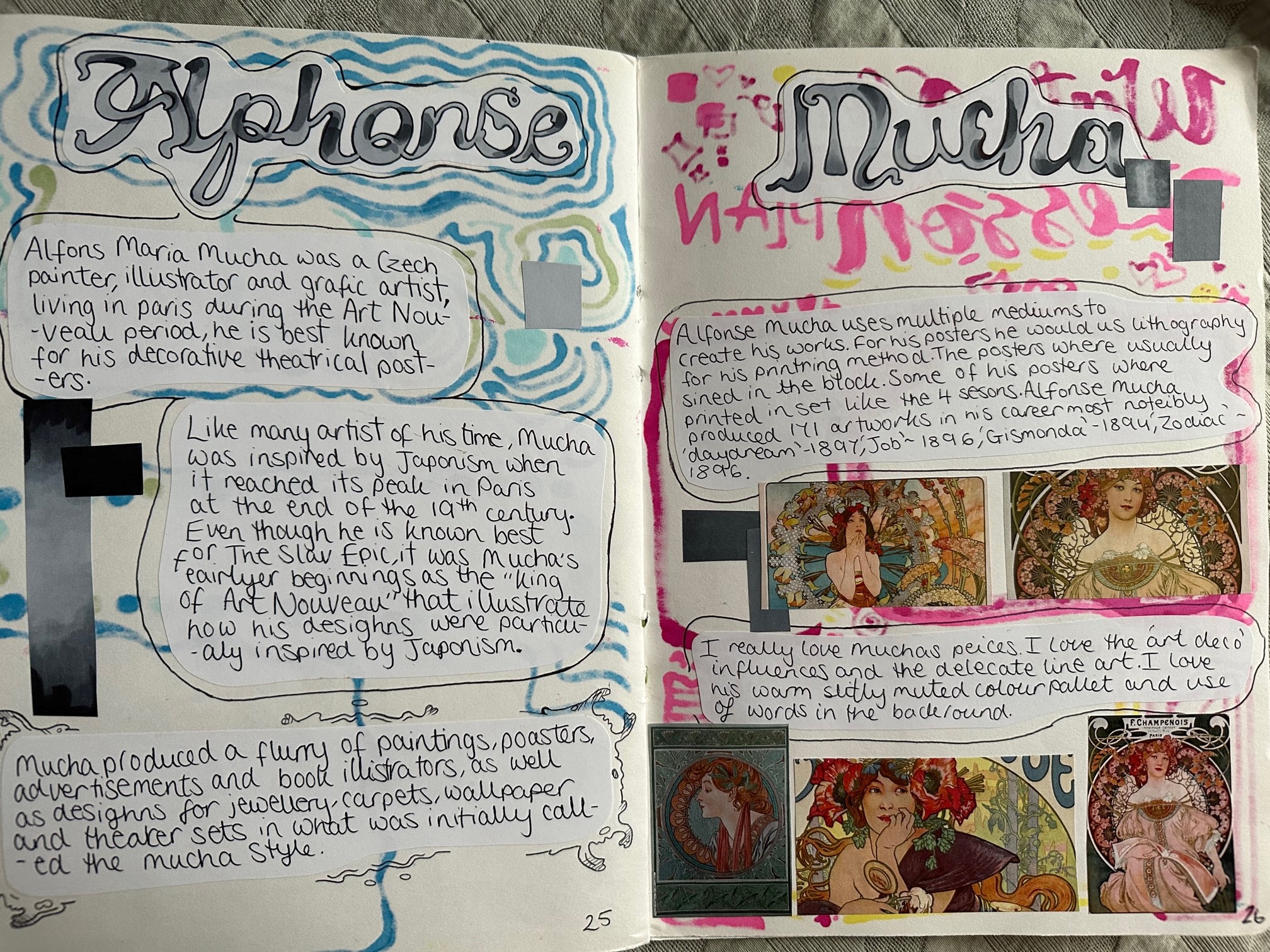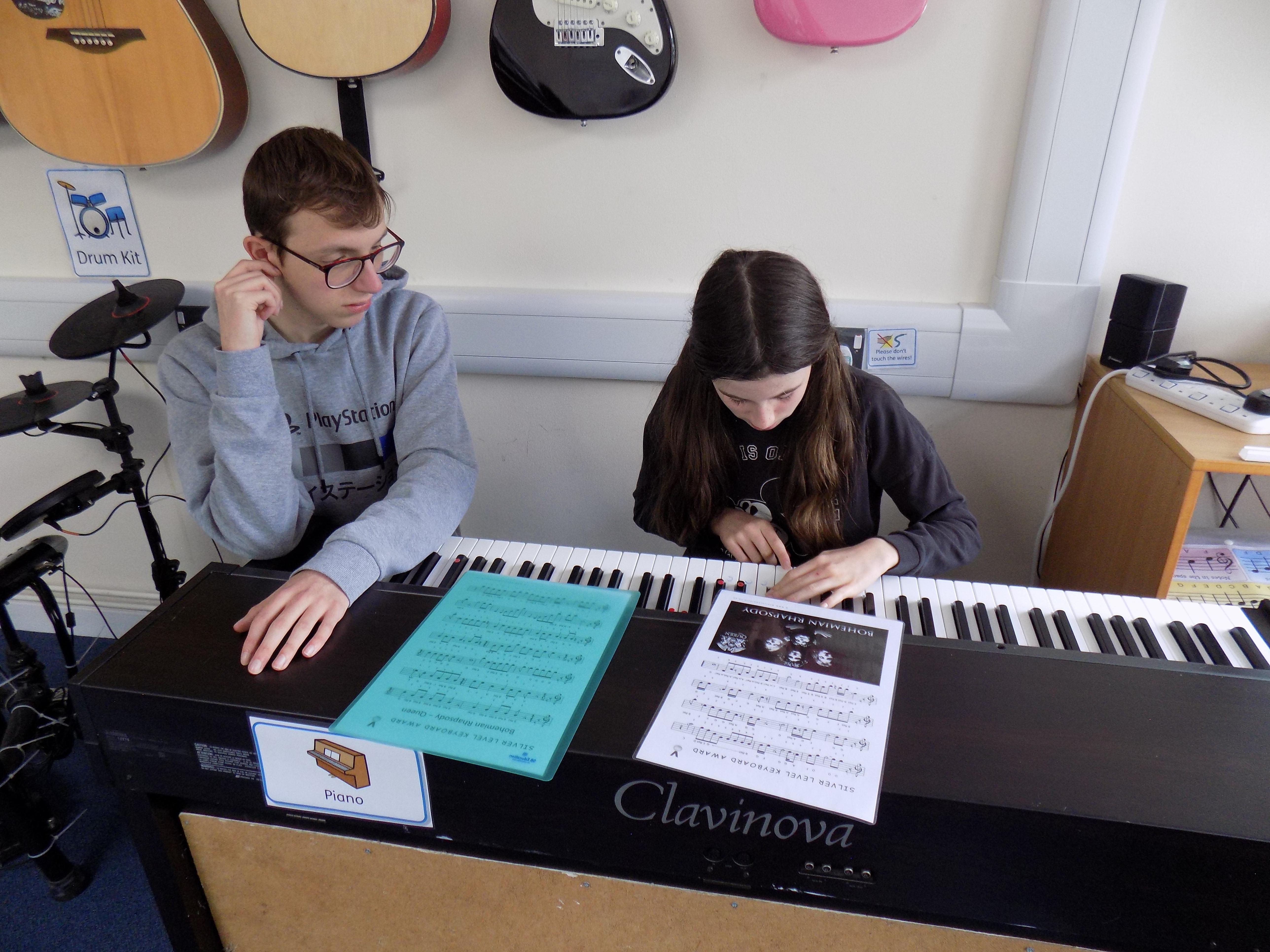
Going for Gold in challenging circumstances
BY: Annabel Thomas
13 May 2020
As part of our series exploring how you can achieve Arts Award in the age of Coronavirus, this article explores Gold in more detail.
Gold Arts Award is a Level 3 qualification and is designed for ages 16 and above, but is open to young people aged 11 to 25. The award has 16 points on the UCAS tariff. It is a popular choice for colleges and 6th form settings, as well as being embedded into apprenticeships and other work-related arts learning. For schools, Gold also provides many opportunities to demonstrate how you are meeting the Gatsby Benchmarks on careers education, while for arts organisations Gold provides authentic, practical experience to help inspire the next generation of professional artists and arts leaders.
Gold is an ambitious qualification for young people to achieve. While this blog will provide ideas for how Gold can be accessed remotely, for some young people it will be more appropriate for them to wait until social distancing is relaxed before they embark on a project which may take them around a year to complete. Whilst we are encouraging advisers to support young people to achieve their Arts Award by adapting project plans to a digital/remote offer and we feel it is achievable for young people to fully complete their Arts Award remotely, we appreciate the particular challenges that some young people will face and are not able to receive the support they require at home.
Use our Digital Portfolio Resource for ideas on how to gather and review evidence digitally, and our free portfolio building templates for Unit 1 and Unit 2, provide a good starting point for what young people need to be capturing. The Gold Hub on Arts Award Voice is also an excellent resource for young people aged 14+, as is their Gold introduction and checklist. The Voicemag site also has a wealth of content to inspire and support young people during this tie, including their Culture@Home series. Our webinar with Upstart Projects and Arts Award Voice exploring how they deliver remotely, including at Gold level, may also be of interest.
If young people are communicating with you, or others, via video or video call ensure that you have considered the safeguarding implications and are following your organisations’ own safeguarding policy.
Don't forget to take a look at our Extended Extraordinary Regulatory Framework guidance, supporting you to continue to deliver Arts Award even in lockdown.
Unlike the arrangements made in summer 2020, we will not be able to accommodate the submission of incomplete portfolios for moderation, on which to calculate the overall results. Under this new arrangement advisers will continue to deliver and assess young people’s portfolios in full and a sample of work will be moderated by Trinity. Adaptations under the Extended Extraordinary Regulatory Framework will instead focus on:
- Support with planning your Arts Award programme including building in contingency plans and collecting evidence in digital format, as is our recommendation
- Adaptations to the evidence requirements and time guidance most notably at Silver and Gold
- Advice and guidance on how to meet the existing requirements of Arts Award making best use of digital tools and arts and culture
- The continuation of remote online moderation
Download our EERF Centre Guidance for more information.
Gold Arts Award has two units. Unit 1 focusses on a young person’s personal arts development and engagement with the wider arts world. Unit 2 is a leadership project, designed to provide real-world experience of leading an arts project.
Unit 1 Part A – extend own arts practice
In this part we are asking young people to identify a main artform that they are already familiar with. They should then identify a new artform or genre that they want to learn more about. They work with an experienced practitioner to learn this new artform or genre. Finally, they use this new learning to influence their main artform practice, and create a new piece of art in their main artform which has been influenced by their learning.
While many arts organisations are closed this doesn’t mean that they can’t achieve this part. Young people can communicate with practitioners over video call, email, phone, sending in videos or images of their work to review etc. Young people may need to adjust their focus for this part if they aren’t able to access specific pieces of equipment. Could lockdown and social distancing influence their choice of artform, and what impact does this have on them?
Young people will need to share their new piece of art. This could be done via online streaming, videos, broadcasts, online galleries etc. Just ensure that they are able to gather feedback from people to include in their portfolios.
Unit 1 Part B - development opportunities within the wider arts sector
This part traditionally focuses on live, practical engagement with the professional arts world. In lockdown this part is more challenging to achieve, but it can be done. For example, can young people volunteer to lead online classes or workshops; are they able to volunteer with a local arts organisation remotely to support with their emerging alternative plans; are there any remote training opportunities they can get involved in? There are many opportunities popping up online, and don’t be afraid to contact local organisations to see if they are able to support. Do be aware however that the arts world is experiencing many staff members being furloughed and an uncertain future in the short term and manage young people’s expectations accordingly. Also some online courses may be large and therefore hard to get personal feedback from course leaders on their engagement. This should be noted and reflected on in portfolios.
Unit 1 Part C - research advanced practitioners and review arts events
This part can be completed comparatively easily from home. Young people should attempt to communicate with advanced practitioners via email, phone, video call etc as well as researching them using online tools. There are an increasing amount of online tools that will enable young people to engage with and review arts events – the NT Live at Home screenings and Google Arts & Culture for example. Our round up provides some more suggestions.
Unit 1 Part D - form and communicate a view on an arts issue
This is another part which can be completed very effectively at home. Young people can use the internet to research a range of viewpoints on their issue, or interview people via phone, email or video call. To share their final argument, they could post this to Arts Award Voice and gather feedback through this platform.
Unit 2
Unit 2 is usually a practical leadership project. However, this can be adapted to work effectively in a socially distanced context. As before, if young people have a clear idea of a project they wish to undertake which they are not able to complete due to the ongoing pandemic, they can defer this part to a later date and we would encourage you to work with them where possible to enable this to happen.
Unit 2 Part A & B - identify the project aims and desired outcomes & organise the people and resources required to run the project
As these two parts combined lead to a detailed project plan these can be achieved remotely. Young people need to think carefully about their project and plan all aspects of this. Use your Toolkit as a guide for exactly what should be covered in this part. Some suggestions for Unit 2 projects which can take place remotely:
- Teaching a series of visual art workshops leading to an online exhibition with remote participants
- Teaching a series of performing arts workshops leading to a performance that takes place over video conferencing/is filmed and streamed to an invited audience
- Leading ‘how to’ sessions to support other young people to develop arts skills (for eg. photography, filmmaking, textiles, stage makeup etc) which leads to a final sharing online
- Working remotely with local mutual aid groups or arts organisations to provide arts activities to local young people online, leading to a sharing
- Leading a remote oral history storytelling project, and presenting a final sharing via video to be screened in the care home
For all projects of this nature ensure that any organisations and parents & carers of young people taking part are happy to be included, that all safeguarding procedures of your organisation and any partner organisation are followed and that the young people have no direct contact or visits with an external setting at any point. If lockdown and social distancing is eased during the project, plans can be adapted to reflect this, and young people should note this in their portfolios as this is excellent evidence of adapting plans.
Unit 2 Part C – manage the effectiveness of the project
This part is all about implementing parts A & B. Support young people to reflect on their progress and any challenges that arise. This part doesn’t need to be materially different to Gold in normal times, excepting the channels that projects will be delivered via.
Unit 2 Part D - manage a public showing of the work
If young people have planned their project and thought about how to share it, this part can be effectively achieved remotely using online tools. Encourage young people to make this a ‘live’ event as much as possible – could they invite an audience to a Zoom broadcast, or broadcast via Facebook or Instagram live? Screenings and ‘launching’ visual art galleries at a certain time could also work well. If a live event isn’t possible, ensure that there is a mechanism for young people to capture who has engaged with their showing to enable them to gather feedback. This could be screenshots from participants, transcripts of any live chats, a follow up questionnaire to participants etc.
Unit 2 Part E - arts leadership project report
As this part is reflecting on their project as a whole, there is no need for this to be treated any differently to a ‘normal’ Gold project. Young people should still reflect on their project overall using the evidence requirements in your Toolkit as a guide. You may find there is a wealth of reflection that can take place about how they adapted their project ideas to an online context and the problems they solved to do this.
As you can see, achieving Gold Arts Award in lockdown with limited tools and access to the professional arts world, while far from ideal, is possible. These ideas are just a starting point, and if you require more support or guidance do get in touch.
Related posts
BY: Nicola King
BY: Guest Writer


%2002.jpg)

Comments & Replies